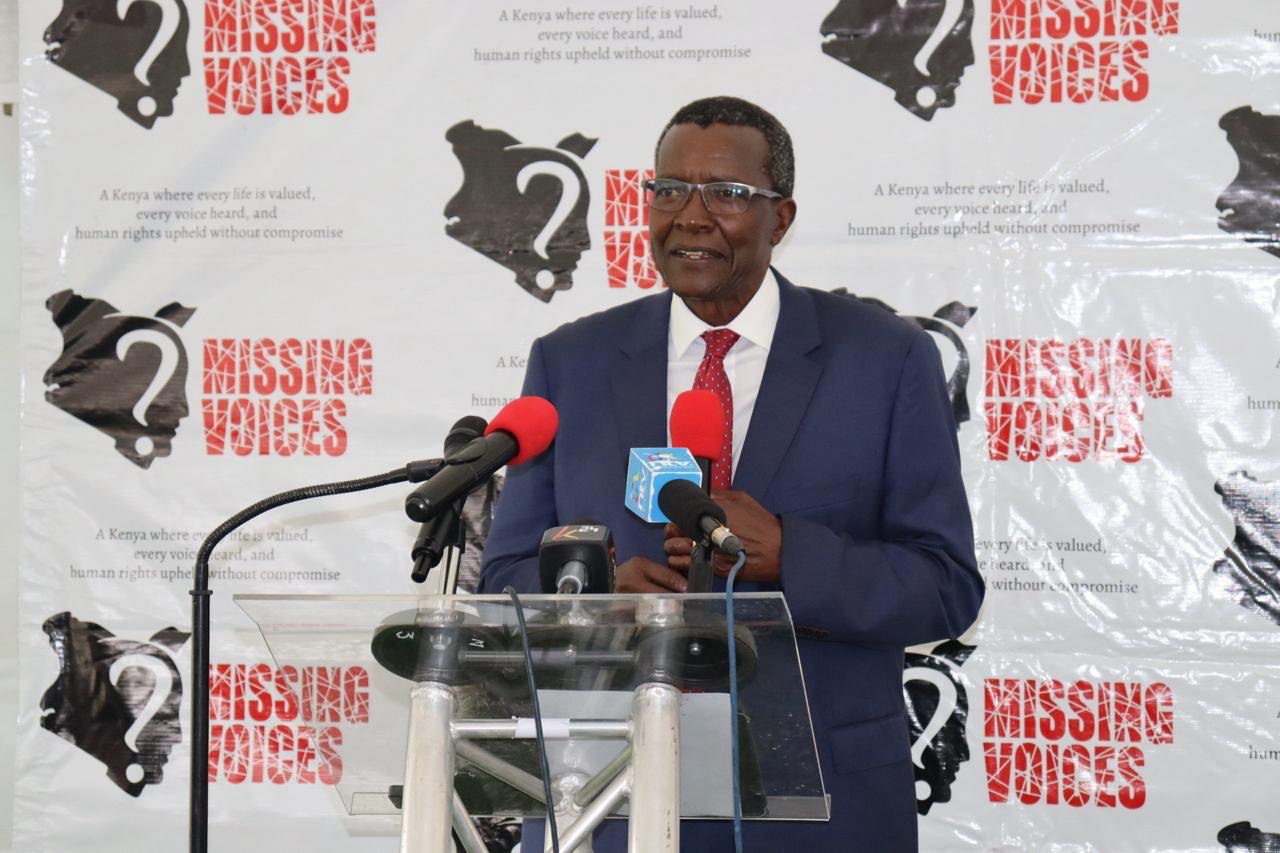Kenyans sent home Sh325 billion in first half of 2025 amid US tax fears

The US continues to dominate as the leading source of remittances to Kenya, accounting for 57 per cent of inflows in May 2025.
Money sent home by Kenyans living abroad rose to Sh325.4 billion in the first half of 2025, a sharp increase driven in part by concerns over a looming US tax on cross-border transfers and growing uncertainty over immigration policies targeting foreign workers.
The Central Bank of Kenya’s latest data shows remittances increased by 5.8 per cent to $2.519 billion compared to $2.379 billion in the same period last year.
More To Read
- Kenya's top politicians eye diaspora vote ahead of 2027 polls
- 305 Kenyan diaspora deaths recorded in 2024, new report shows
- "We'll not be silenced!" Kenyan diaspora speaks out against police brutality, media gag
- Kenyan diaspora sets new remittance record this year, sending Sh57 billion in May
- New US Bill proposes taxing money sent by Kenyans living abroad
- Kenyans in diaspora file case to have voting station expanded beyond diplomatic mission
The growth comes just months before the United States begins enforcing a 3.5 per cent excise tax on personal cash transfers abroad starting January 2026, a move that could reduce the amount received by families in Kenya every year.
The new law, which was signed this month, will apply to non-commercial remittances such as funds sent by Kenyans working in the US to relatives in Kenya.
These transfers are expected to be affected heavily, with the tax projected to cost senders billions annually.
The US continues to dominate as the leading source of remittances to Kenya, accounting for 57 per cent of inflows in May 2025.
The CBK did not release the specific share for June, but total diaspora inflows from the US in 2024 stood at $2.63 billion (Sh339.8 billion), reinforcing its vital role in Kenya’s economy.
The implementation of the tax comes as the US government intensifies its immigration enforcement under President Donald Trump, including threats of increased deportations.
These developments have added to growing anxiety among Kenyan workers abroad, many of whom support multiple households back home through remittances.
Kenyans abroad are a key pillar of the economy, with remittances remaining the top source of foreign income since 2015, ahead of earnings from tourism, agriculture, and foreign investment.
The funds sent by the diaspora are mostly used for family support, school fees, healthcare, and real estate investment.
The Kenya Kwanza government has been pushing to expand labour export programmes to address high unemployment.
However, the latest US policies may affect the momentum, especially in light of the country’s significance as a preferred destination for Kenyan migrant workers.
The new tax also threatens to undo past efforts to ease the cost of sending money home, with previous global campaigns having focused on making remittances cheaper and more accessible for developing countries.
The Trump administration, however, has taken a different approach, framing the tax as part of its “America First” agenda to reduce what it views as unfair financial burdens on US citizens.
As the January 2026 implementation date approaches, families relying on diaspora support may begin to feel the pressure, while Kenya prepares to navigate the broader economic impact of the changes.
Top Stories Today
Reader Comments
Trending












































